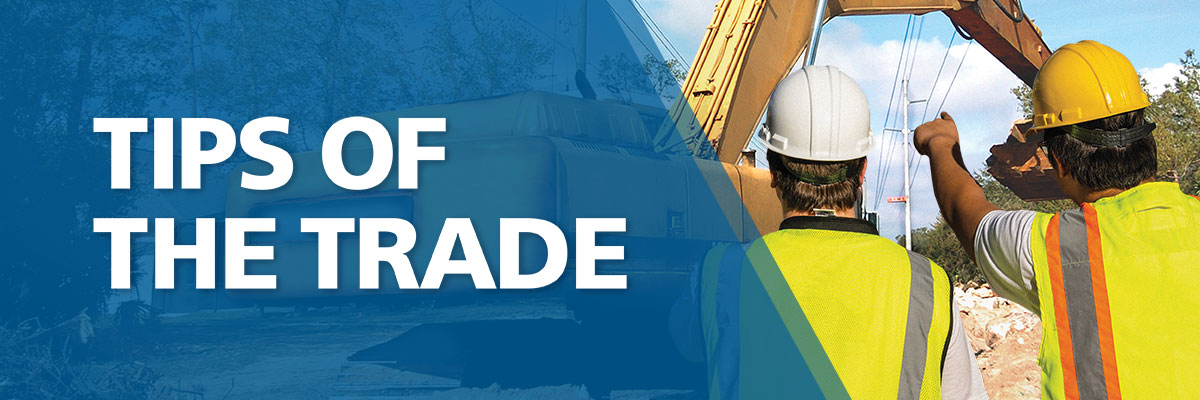|
 |
| Working Safely After Storms |
|
| Everyone’s resources have been affected by the COVID-19 pandemic. You can help prevent locate delays by pre-marking your proposed dig area in white and notifying 811 of your planned excavation with as much lead time as is possible: 20 days in Indiana. To learn more about NIPSCO’s response to COVID-19, click here. |
|
|
| As storms approach, we are advised to "hunker down" or "shelter in place" for safety. What if your occupation requires the opposite? Storms can be unpredictable and may cause structural damage, placing you and other workers at risk. Follow these tips to protect yourself and others when working in stormy conditions and storm-damaged areas. |
|
| Use Generators Safely |
| To prevent carbon monoxide (CO)
poisoning, use generators outdoors
in open areas only and at
least 20 feet away from doors,
windows and vents. If a CO alarm
sounds, evacuate the structure immediately and
seek fresh air outdoors. |
| NEVER plug a generator into a
wall outlet. Power can energize
utility lines, making them unsafe for
repair crews and possibly
delaying power restoration. |
| Avoid Electrical Hazards |
|
| • |
Stay out of flooded basements. |
|
| • |
Do not touch electrical appliances or equipment if you
are wet or standing in water. |
|
| • |
If you must work in stormy conditions, use tools and extension
cords that are suitable for outdoor use and plug them into
GFCIs for shock protection. |
|
|
| Be Alert for Power Lines |
| Look up to locate overhead power
lines before beginning ANY
outdoor job, and make sure to
keep yourself and your tools and
equipment at least 10 feet away
from lines up to 50 kV. Higher
voltages require greater
clearances. |
| If you see a fallen power line, assume it is energized and
dangerous. Stay far away from the line and anything it is contacting,
and report it to 911. Avoid walking and driving through floodwaters,
as they may hide fallen power lines. |
| Avoid Natural Gas Hazards |
|
| • |
Make sure vent lines for dryers, water heaters or other gas-fueled equipment are properly connected and not blocked or disturbed. |
|
| • |
Confirm with the property owner the location of natural gas meters and piping before working in or around any structure. |
|
| • |
Do not operate any gas appliance that was affected by floodwaters until a qualified professional inspects it and any necessary repairs have been made. |
| • |
If the job involves demolition or major renovation to a structure with active gas service, contact NIPSCO at least 30 days prior to starting work to arrange for the gas line and meter to be properly disconnected. |
|
|
| Would You Like to Know More? |
| Additional utility safety tips, case studies, instructional videos, and training tools can all be found, at no charge to you, on NIPSCO e-SMARTworkers website. |
|
